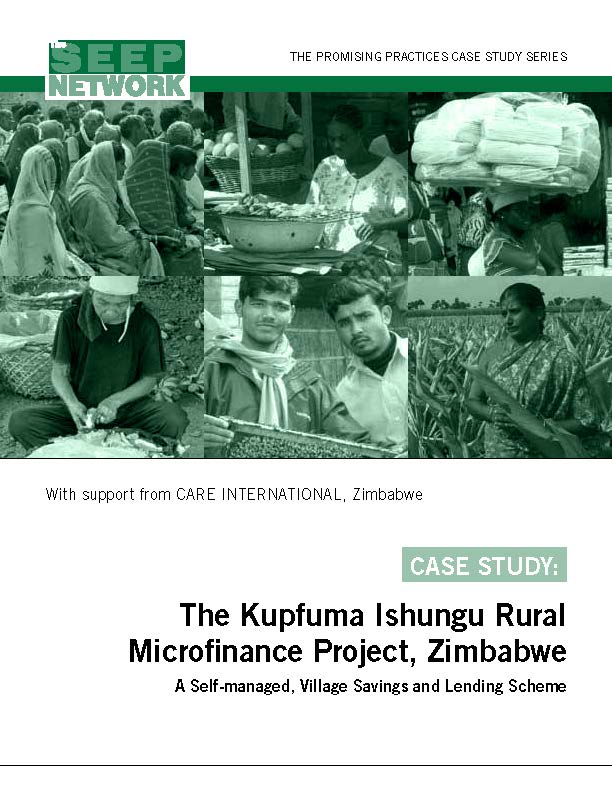2007 | Jill Thompson

Effective AIDS program responses have opened opportunities for more economic initiatives in AIDS-impacted communities. For example, with the availability of life-extending anti-retroviral therapies, people living with HIV are able to regain and extend their productive capacity and stay involved in their enterprises and communities. Increased education and awareness campaigns have been effective in reducing stigma, which encourages community members more inclusive of HIV-affected households. Sharing information about current initiatives and sound practices in both the microenterprise industry and HIV & AIDS field should lead to a better understanding of the issues faced by households coping with this disease. Clarifying these issues and better defining potential strategies to address them will in turn lead to more effective collaboration and program design, helping catalyze strategic alliances between microenterprise development organizations and AIDS support organizations.
The purpose of The SEEP Network’ “Promising Practices” case study series is to describe a variety of microenterprise services that:
The Kupfuma Ishungu Rural Microfinance Project (KI-RMFP) is a four-year program, designed to build the capacity of communities to mobilize and manage savings that can then be used to grant loans to meet the production, consumption, and social needs of vulnerable members (mainly women) of the communities. KIRMFP’s area of operation encompasses the Zvishavane, Mberengwa and Shurugwi districts of the Midlands and Masvingo provinces of Zimbabwe.

1621 North Kent Street, Ste 900,
Arlington, VA, 22209
P 202.534.1400
F 703.276.1433
Website Photos: © mari matsuri
